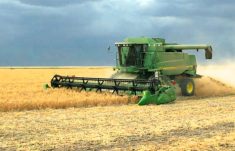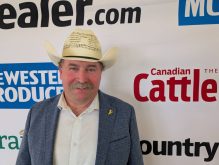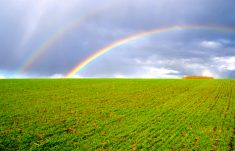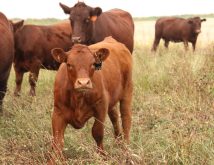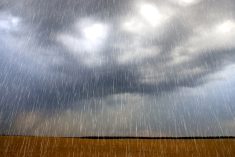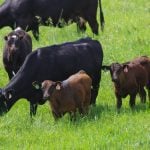Glacier FarmMedia—A new pilot program in five Saskatchewan rural municipalities is launching to help landowners deal with excessive wildlife damage.
The Big Game Management Extended Hunt will occur Nov. 1-10 in the RMs of Livingstone, Hazel Dell, Kelvington, Bjorkdale and Leask.
Each of these will have 50 antlerless elk licences available in addition to what was available through the big game draw. The licences are only for Saskatchewan residents.
Environment minister Christine Tell said in a news release that the pilot is intended to help landowners take preventive measures to reduce future conflicts with wildlife. Wildlife damage can be mitigated while ensuring populations of deer and elk stay sustainable, she said.
Read Also

Carney agrees to visit China after meeting Xi
Prime Minister Mark Carney agreed to visit China after meeting with President Xi Jinping on Friday, in an encounter that may have marked a turning point but offered no breakthroughs on trade.
The criteria for the extended hunt is based on damage reported to the Saskatchewan Crop Insurance Corp. and when producers have exhausted all other preventive measures or agree to implement such measures.
The environment ministry and SCIC both regularly hear concerns about wildlife and requests for compensation after feed and crops are damaged.
The pilot was developed in concert with the Saskatchewan Association of Rural Municipalities and the Saskatchewan Wildlife Federation.
At the 2023 SARM convention, the government said it would find more solutions.
“We listen and respond to the needs of our Saskatchewan producers,” said agriculture minister David Marit.
SARM acting president Bill Huber said municipalities were happy with the result.
“We were at the table when this pilot was developed, and we feel it is a good balance for agriculture producers and game management,” he said.
“We also encourage landowners to do their part by allowing responsible hunters to access their property.”
Last year at a meeting of the Agricultural Producers Association of Saskatchewan, attendees heard that the number of hunting licences sold had dropped after new trespass laws requiring permission to be on property were enacted.



